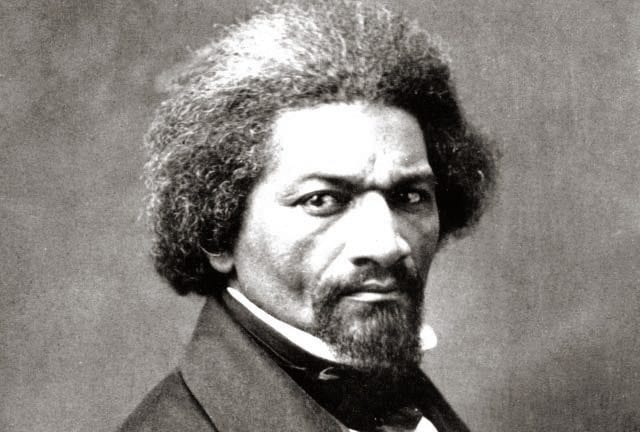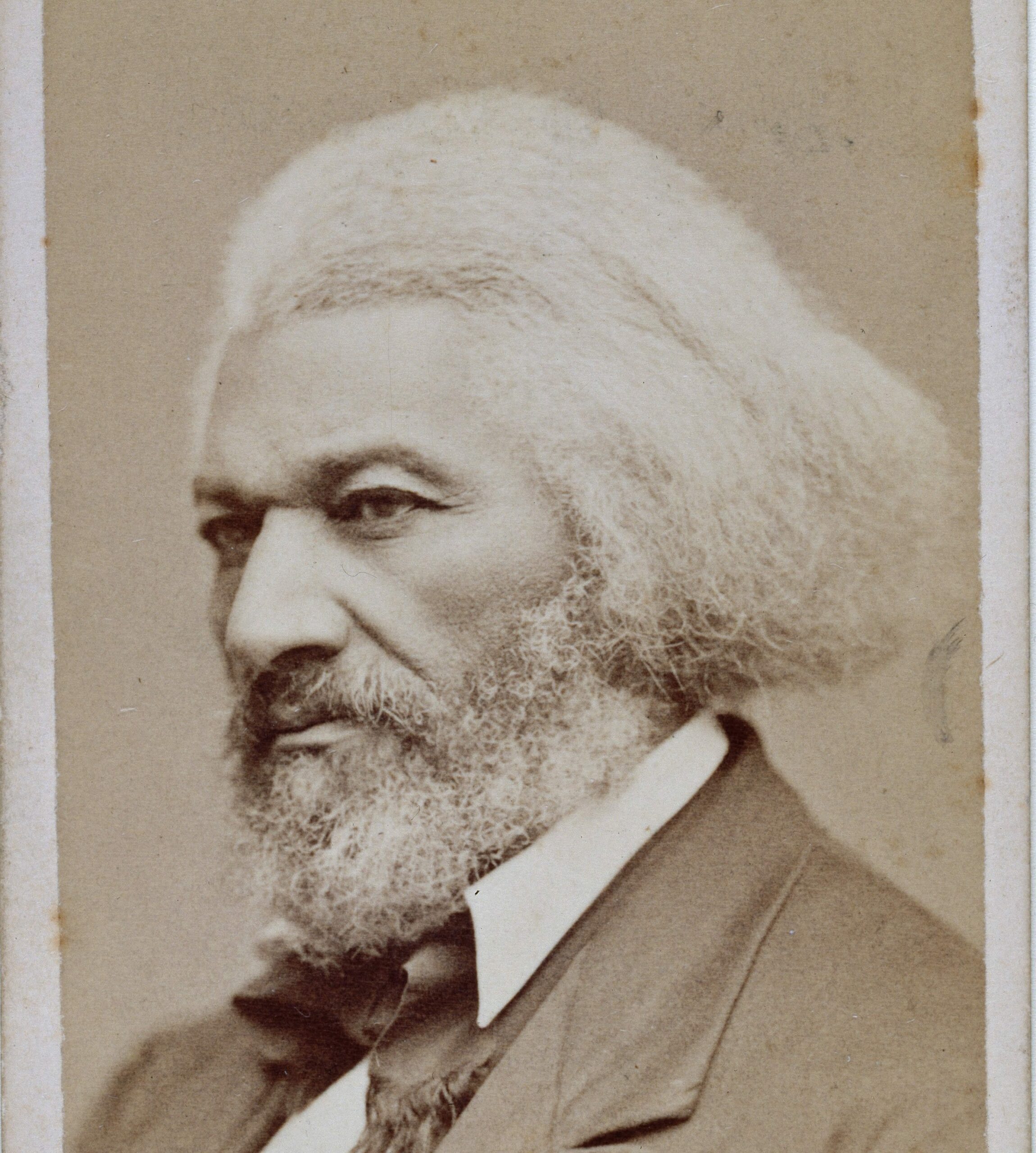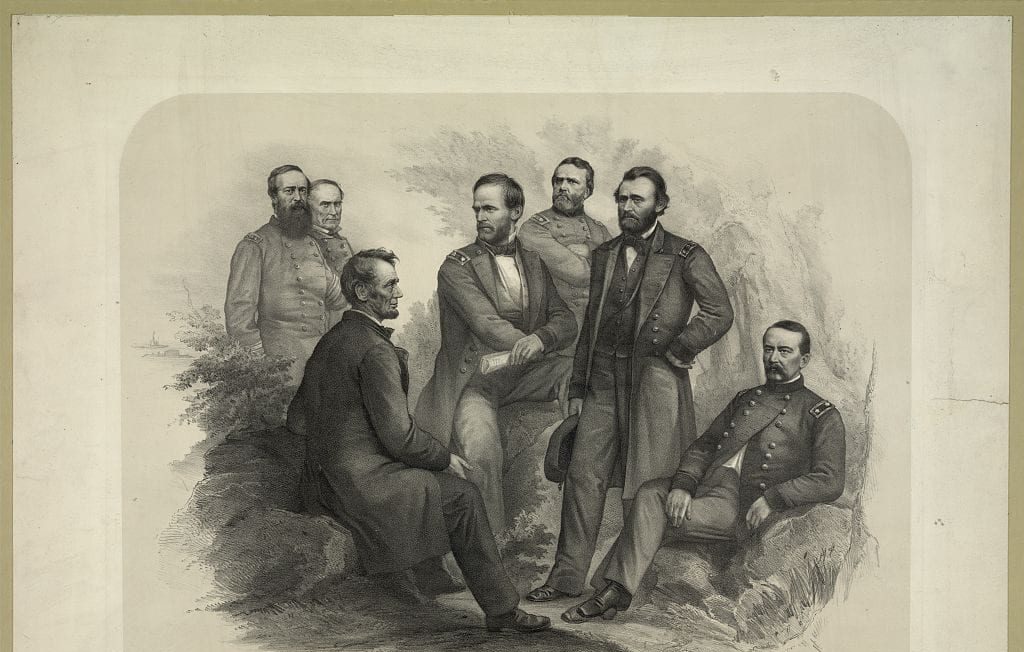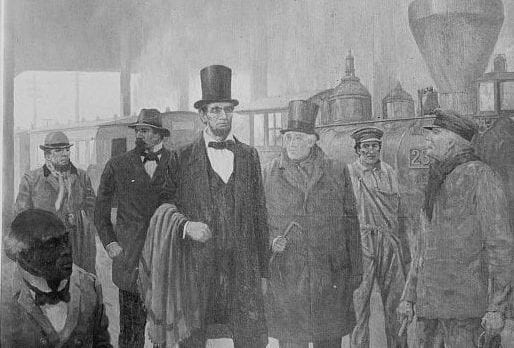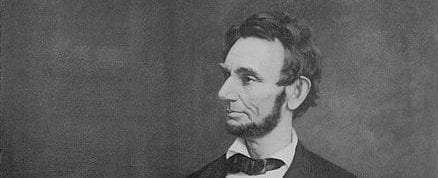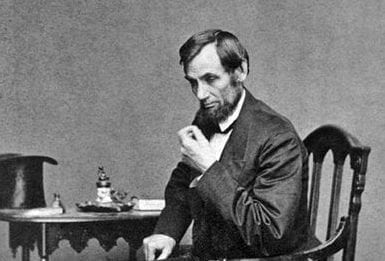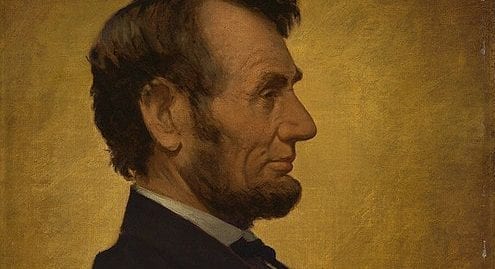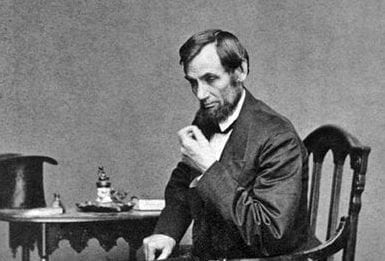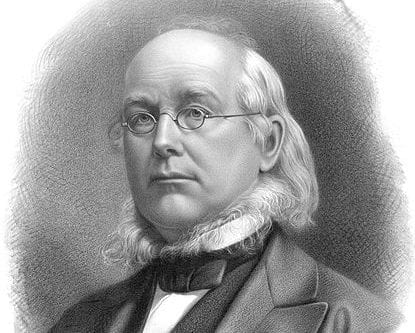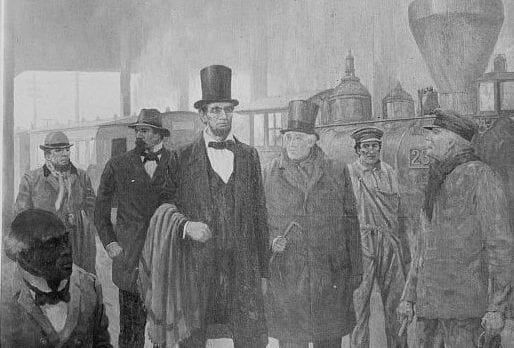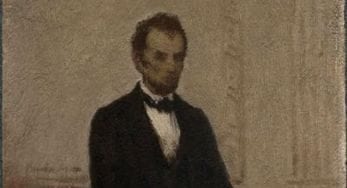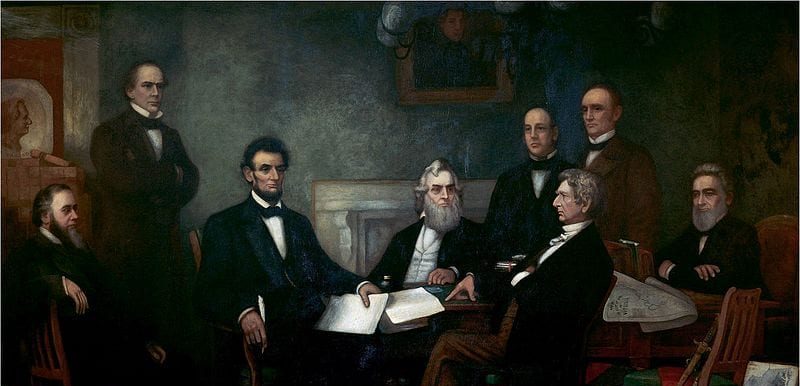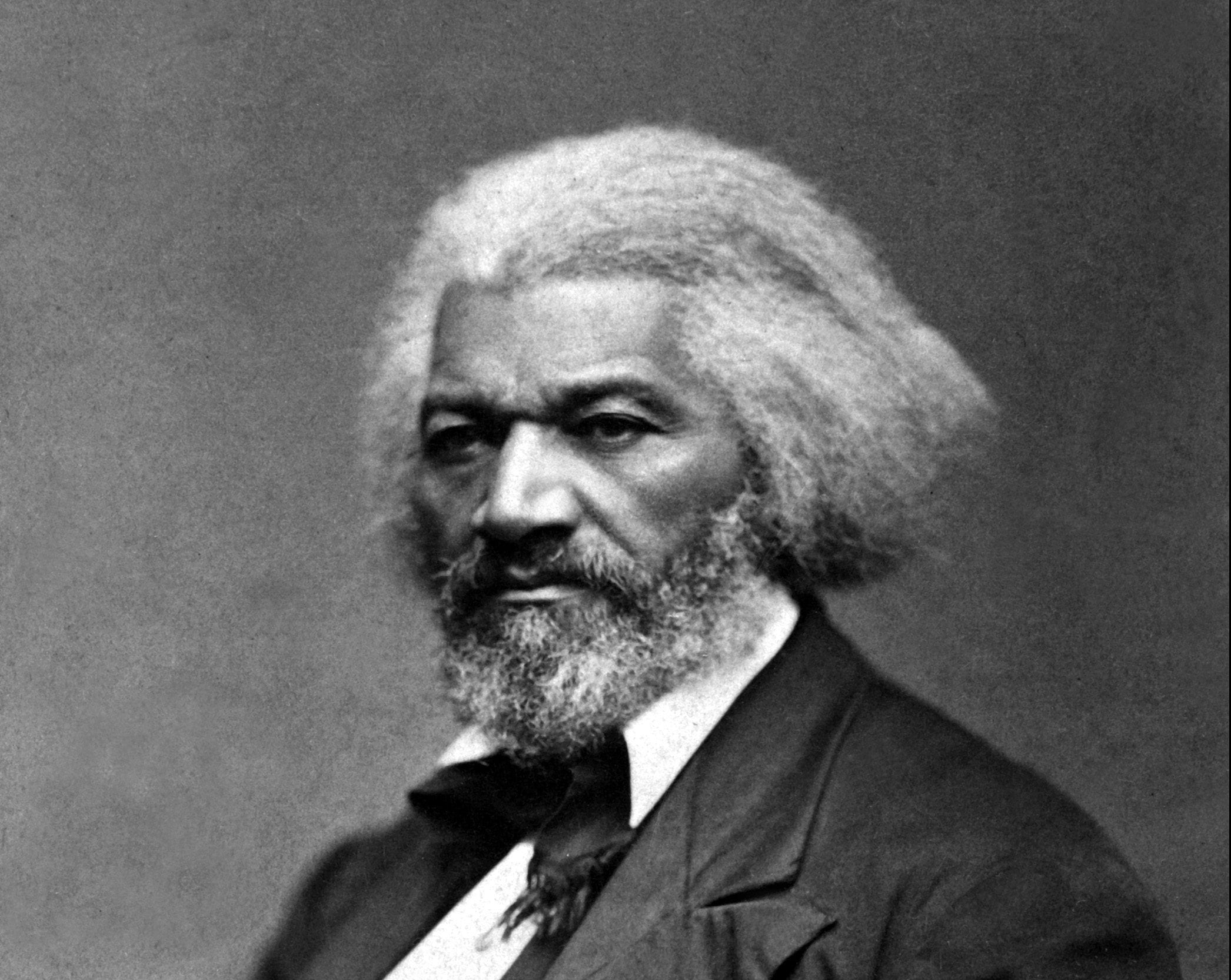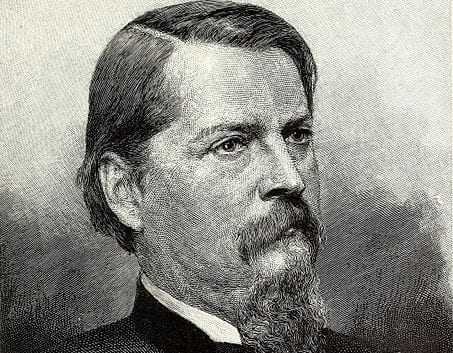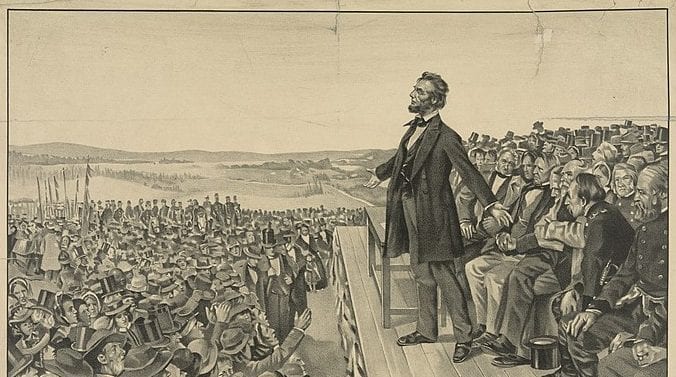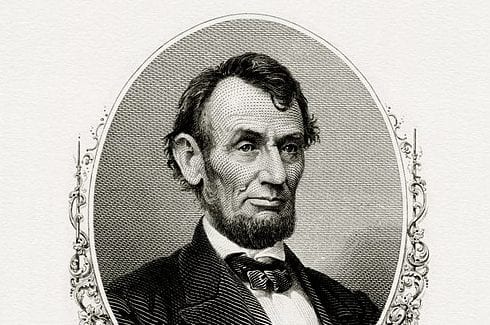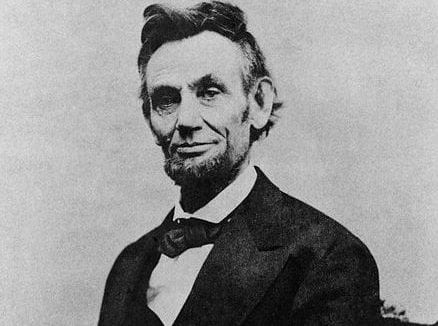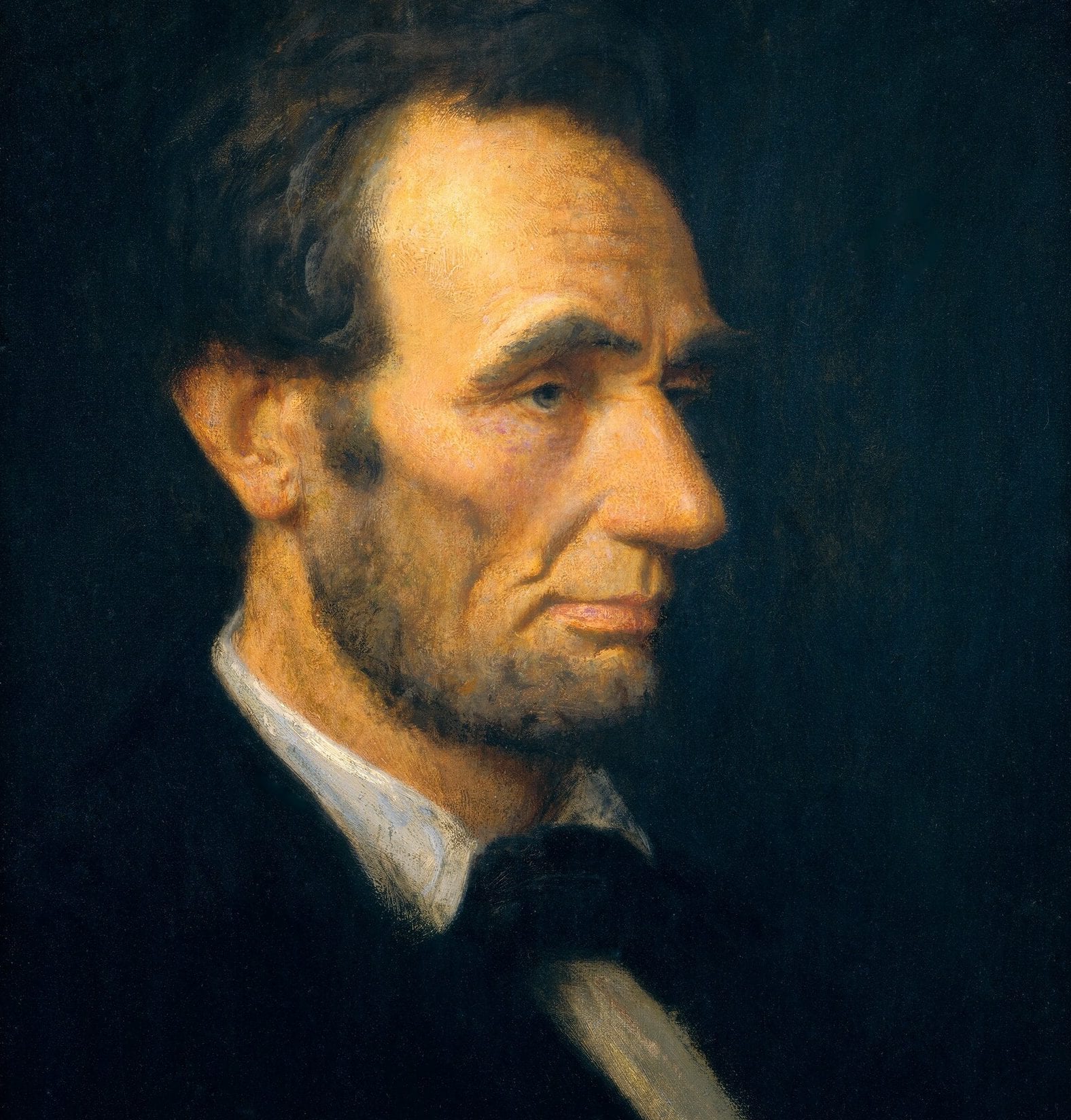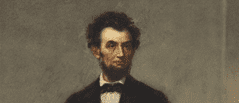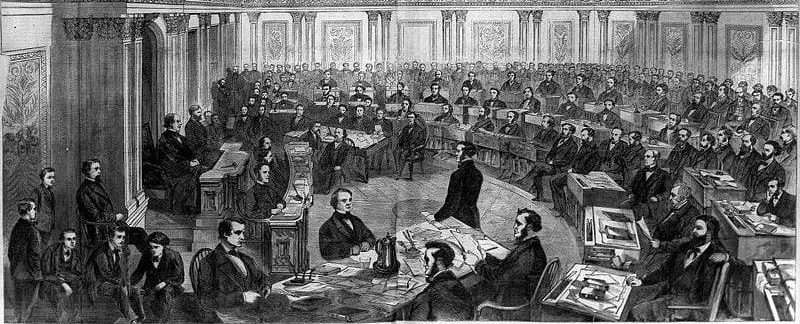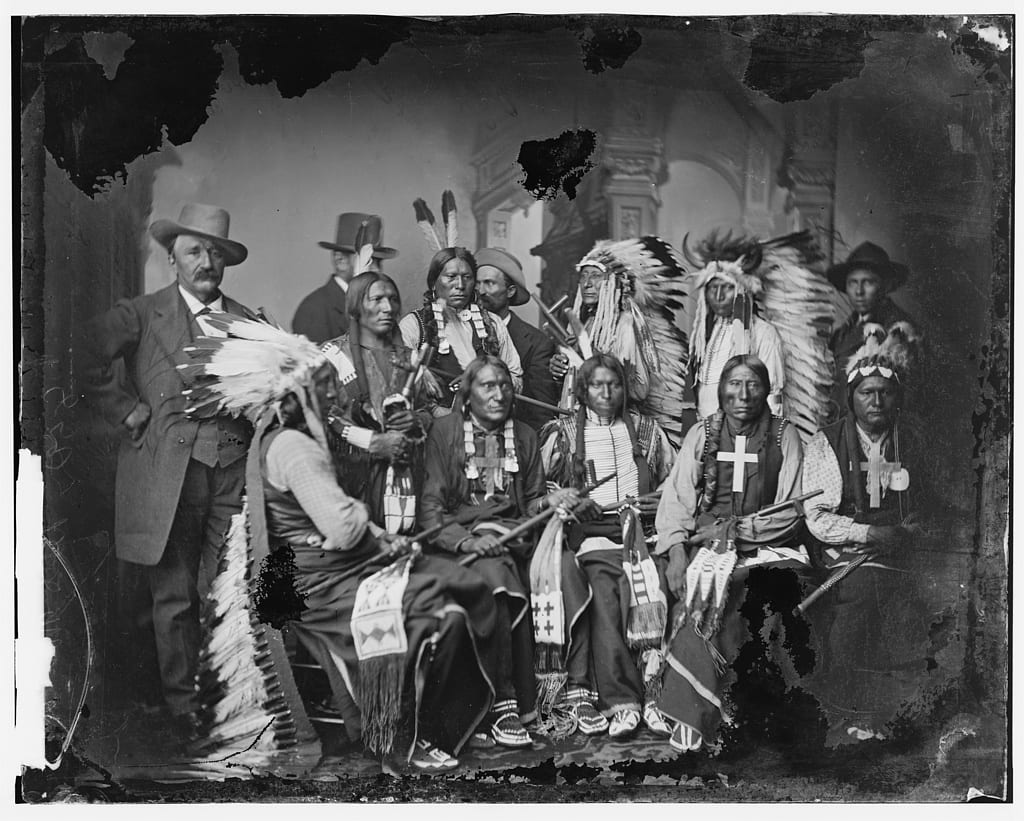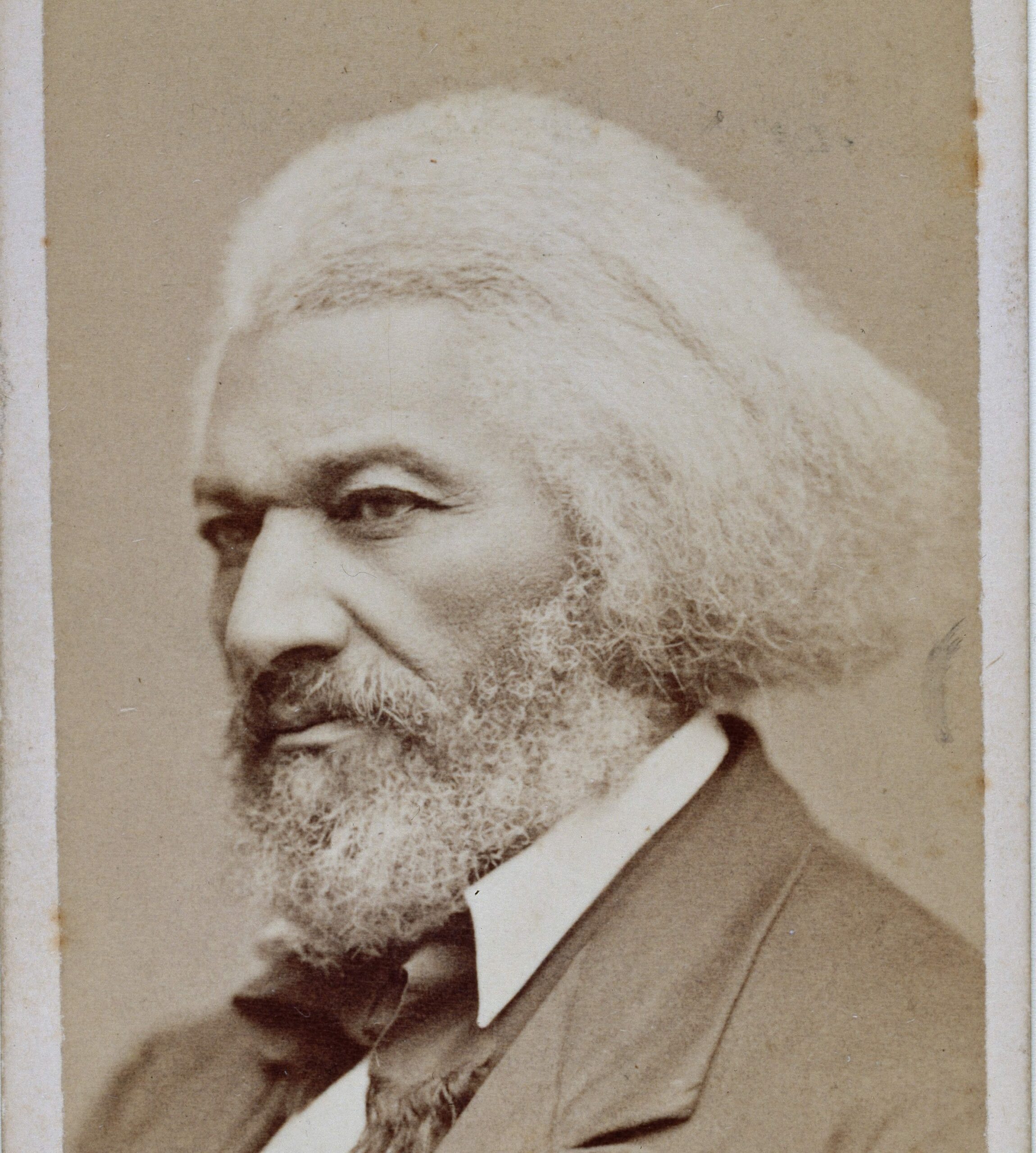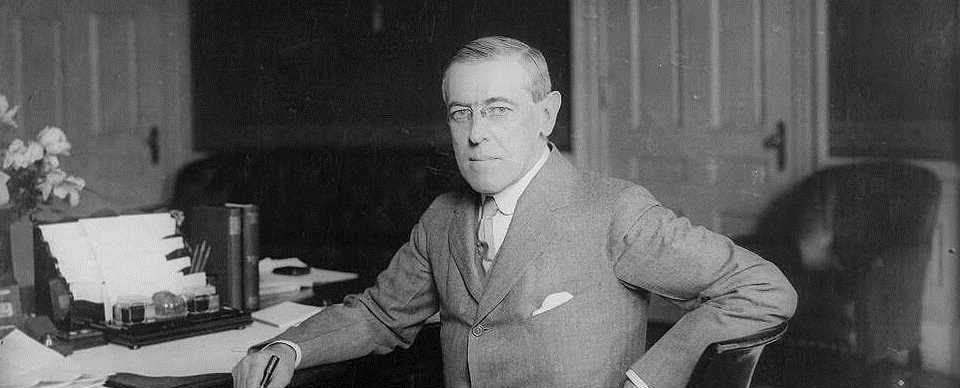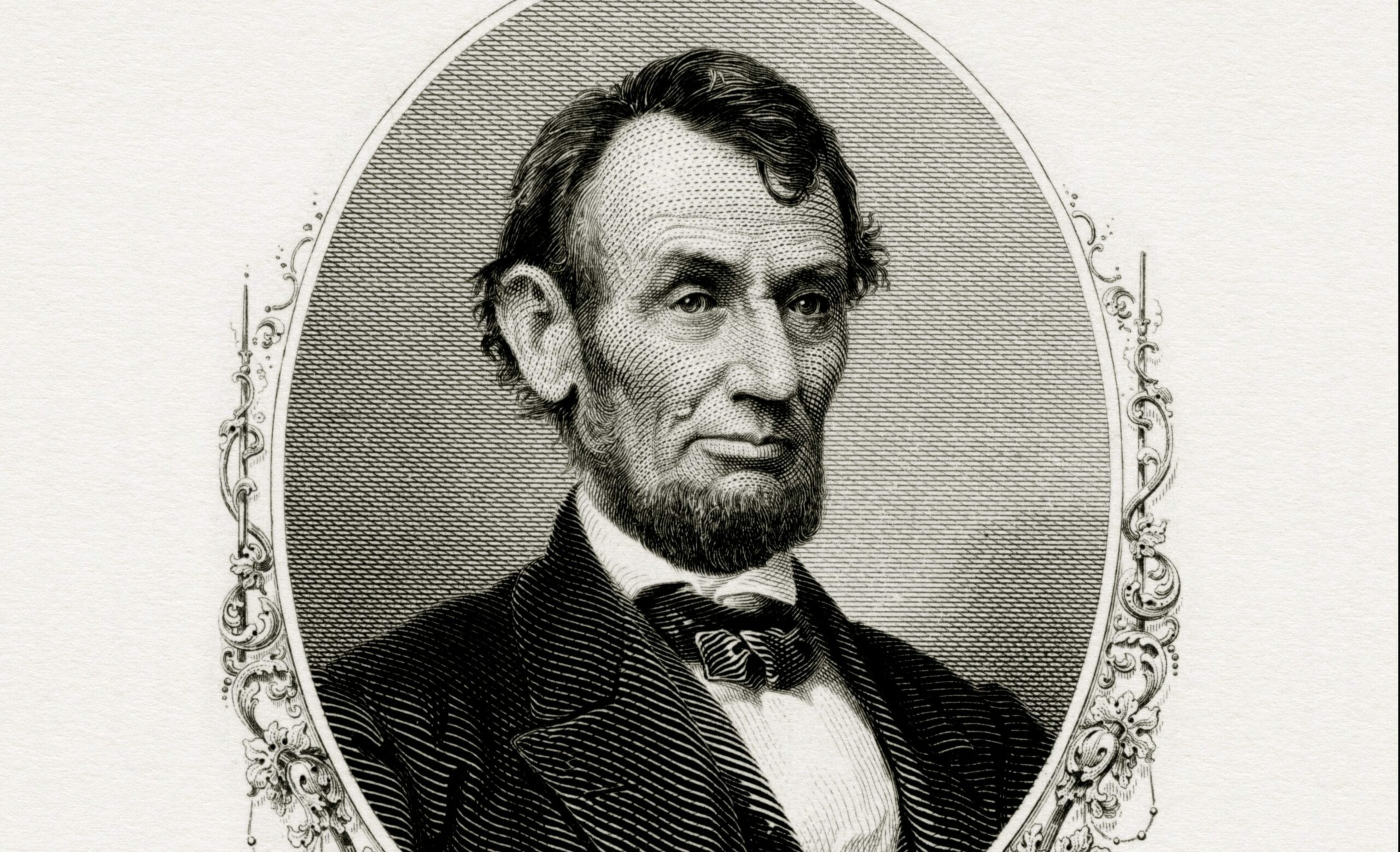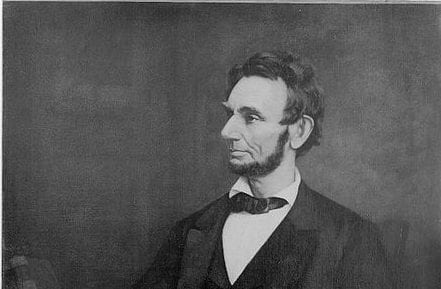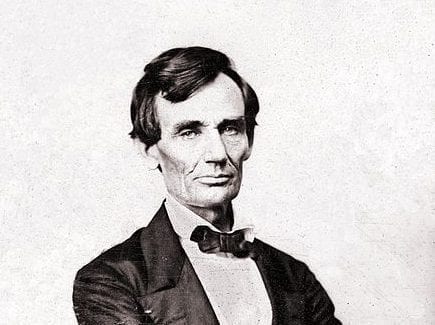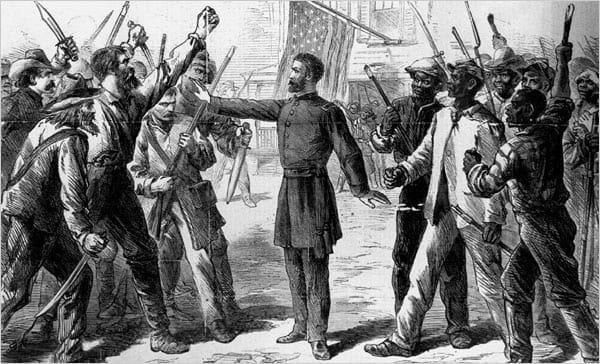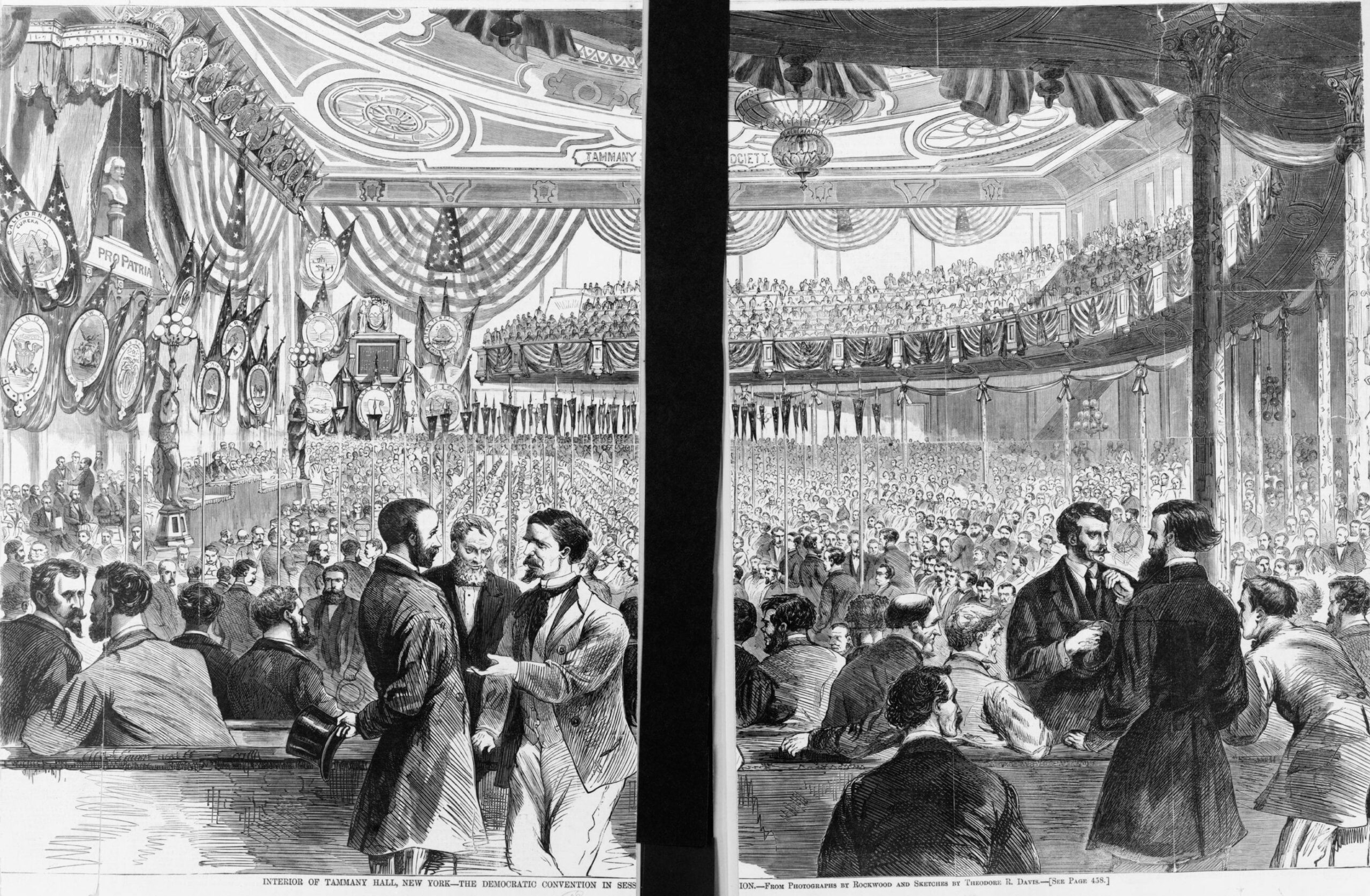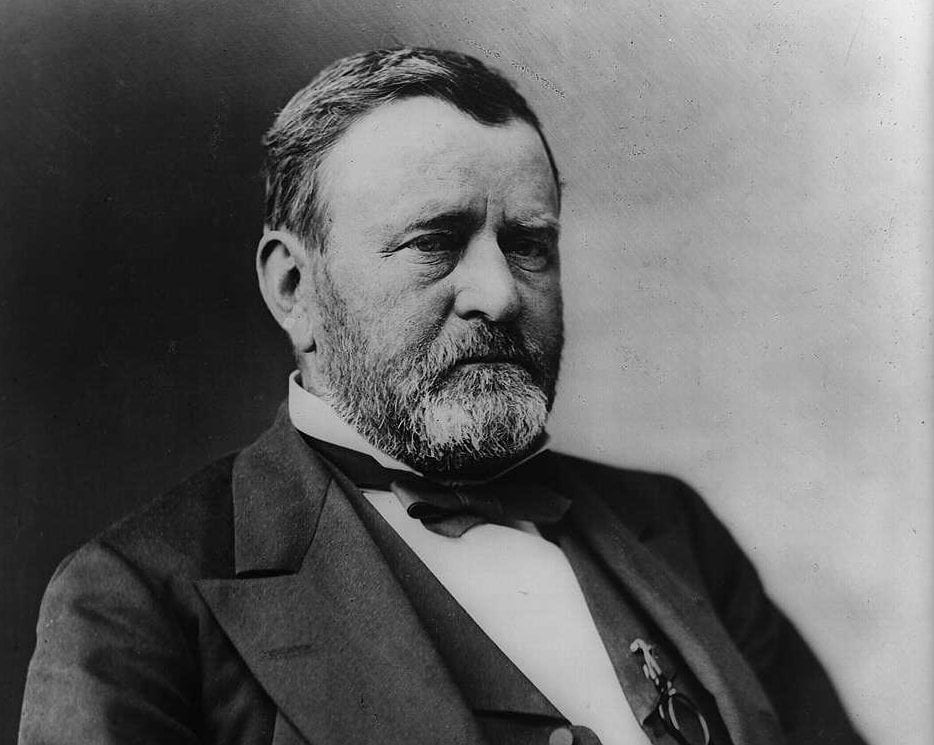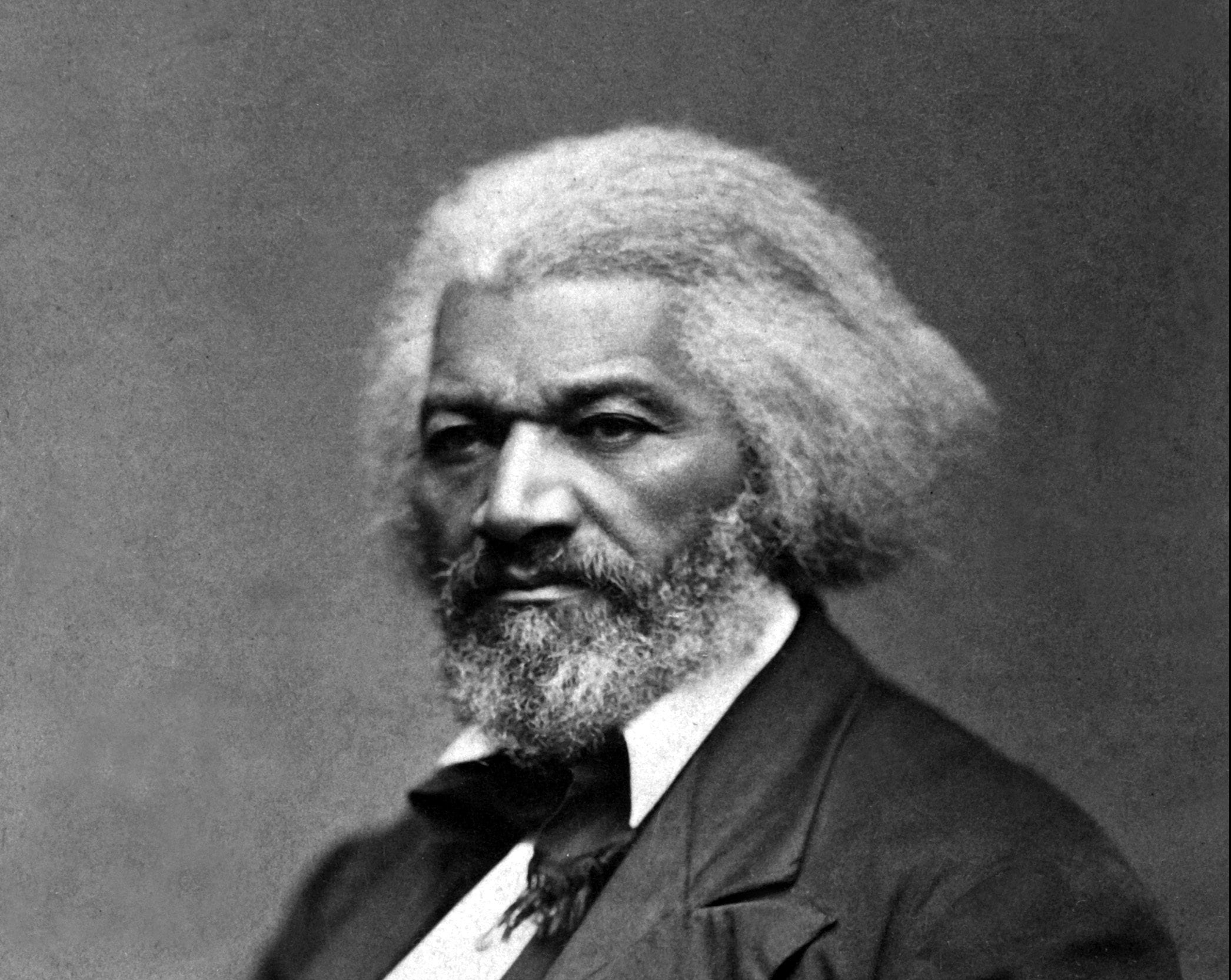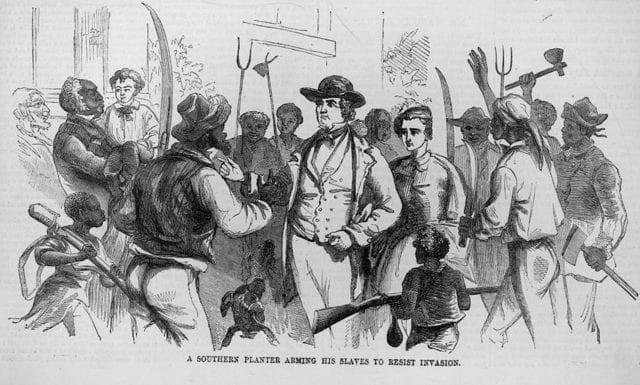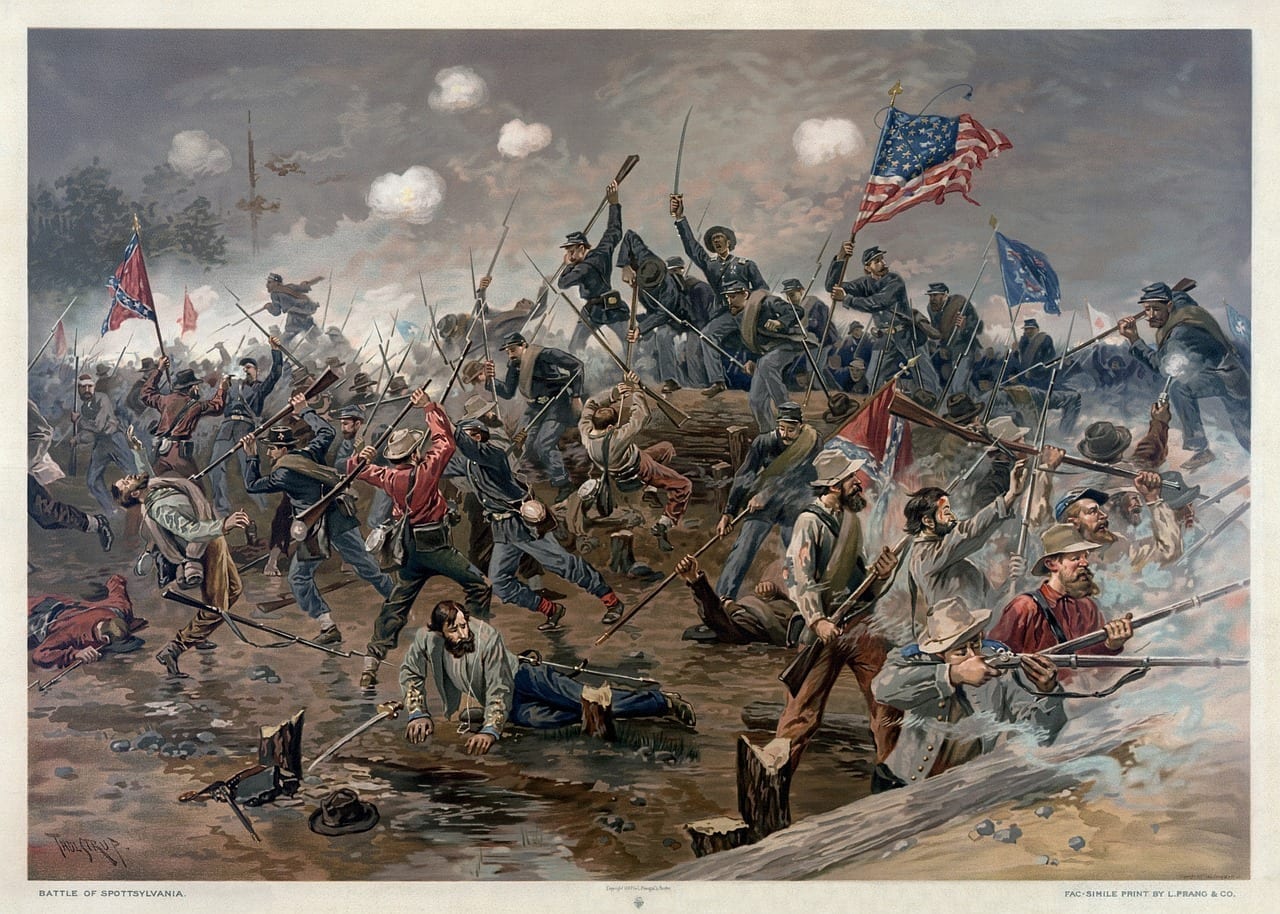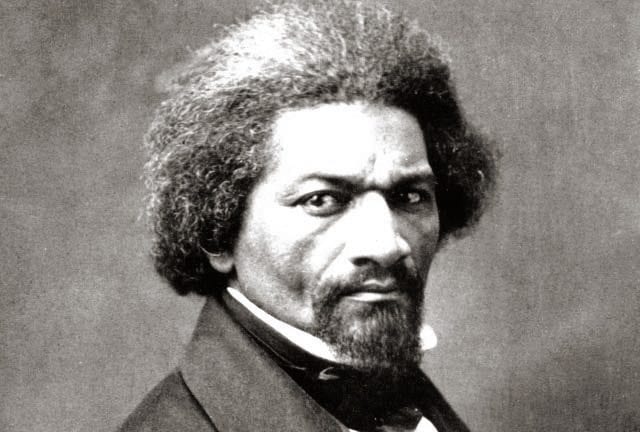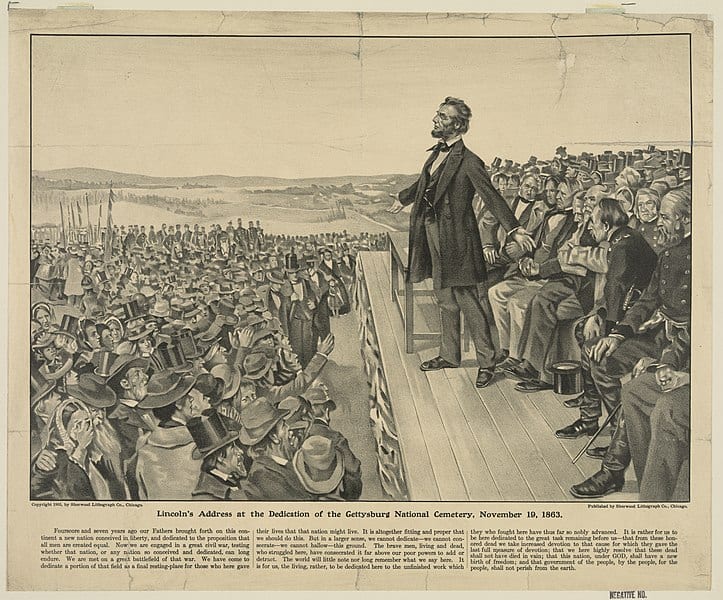
No related resources
Introduction
In the nineteenth century, in order to provide more consistent religious instruction in areas of the country where the supply of ordained ministers was limited, some denominations adopted a policy of “licensing” devout and well-spoken individuals to preach. Licensure, as opposed to ordination, was not restricted to men; licensed preachers were unable to perform the sacraments, but could teach, exhort, and comfort the faithful under their care through the public exposition of Scripture.
Although her intellectual talents were not fully recognized until she was in her mid-twenties, by the time she turned thirty, Anna Howard Shaw (1847–1919) was licensed to preach by the Methodist Episcopal Church. As an itinerant speaker in the upper Midwest, she quickly gained some notoriety for the depth and forcefulness of her preaching. After completing her undergraduate training at Albion College in Michigan, Shaw went east to Boston University where she studied both theology and medicine, earning degrees in both fields (1880, and 1886, respectively). Although she was refused ordination in the Methodist Episcopal Church because of her gender, Shaw was ordained by the Methodist Protestant Church in 1880, and used her public ministry to further a variety of reform causes including temperance and woman’s suffrage.
In this sermon, preached at the first meeting of the International Council of Women in 1888, Shaw interprets Psalm 68 as a type of “heavenly vision” that must be obeyed. She argues first, that the Psalm should be understood as a prophecy that the spiritual and social deliverance of the world will be led by women; and second, that the time has come for women of all nations to work together to that end.
Source: Susan B. Anthony, The History of Woman Suffrage, Vol. IV 1883–1900 (Indianapolis, 1902), 128–133.
“Whereupon, O, King Agrippa, I was not disobedient unto the heavenly vision.” Acts 26:19
. . . The Psalmist caught the vision of the events in the midst of which you and I are living today. And though he wrought the vision into the wonderful prophecy of the 68th Psalm, yet so new and strange were the thoughts to men, that for thousands of years they failed to catch its spirit and understand its power.
The vision which appeared to David[1] was a world lost in sin. He heard its cry for deliverance, he saw its uplifted hands. Everywhere the eyes of good men were turned toward the skies for help. For ages had they striven against the forces of evil—they had sought by every device to turn back the flood-tide of base passion and avarice, but to no purpose. It seemed as if all men were engulfed in one common ruin. Patient, sphinxlike, sat woman, limited by sin, limited by social custom, limited by false theories, limited by bigotry and by creeds, listening to the tramp of the weary millions as they passed on through the centuries, patiently toiling and waiting, humbly bearing the pain and weariness which fell to her lot.
Century after century came forth the divine life only to pass into the great eternity—and still she toiled and still she waited. At last, in the mute agony of despair, she lifted her eyes above the earth to heaven and away from the jarring strife which surrounded her, and that which dawned upon her gaze was so full of wonder that her soul burst its prison-house of bondage as she beheld the vision of true womanhood. She knew then it was not the purpose of the Divine that she should crouch beneath the bonds of custom and ignorance. She learned that she was created not from the side of man, but rather by the side of man.[2] The world had suffered because she had not kept her divinely-appointed place. Then she remembered the words of prophecy, that salvation was to come to the race not through the man, but through the descendant of the woman.[3] Recognizing her mission at last, she cried out: “Speak now, Lord, for thy servant heareth thee.” And the answer came: “The Lord giveth the Word, and the woman that publish the tidings are a great host.”[4]
Today the vision is a reality. From every land the voice of woman is heard proclaiming the word which is given her, and the wondering world, which for a moment stopped its busy wheel of life that it might smite and jeer her, has learned at last that wherever the intuitions of the human mind are called into special exercise, wherever the art of persuasive eloquence is demanded, wherever heroic conduct is based upon duty rather than impulse, wherever her efforts in opening the sacred doors for the benefit of truth can avail—in one and all these respects woman greatly excels man. Now the wisest and best people everywhere feel that if woman enters upon her tasks wielding her own effective armor, if her inspirations are pure and holy, the Spirit Omnipotent, whose influence has held sway in all movements and reforms, whose voice has called into its service the great workmen of every age, shall, in these last days, fall especially upon woman. If she venture to obey, what is man that he should attempt to abrogate her sacred and divine mission? In the presence of what woman has already accomplished, who shall say that a true woman—noble in her humility, strong in her gentleness, rising above all selfishness, gathering up her varied gifts and accomplishments to consecrate them to God and humanity—who shall say that such a one is not in a position to do that for which the world will no longer rank her other than among the first in the work of human redemption? Then, influenced by lofty motives, stimulated by the wail of humanity and the glory of God, woman may go forth and enter into any field of usefulness which opens up before her. . . . [in original]
. . . In the Scripture [Acts 26:19] from which the text is taken we recognize a universal law which has been the experience of every one of us. Paul is telling the story of a vision he saw, which became the inspiration of his life, the turning point where his whole existence was changed, when, in obedience to that vision, he put himself in relation with the power to which he belonged, and recognizing in that One which appeared to him on his way from Jerusalem to Damascus his Divine Master, he also recognized that the purpose of his life could be fulfilled only when, in obedience to that Master, he caught and assimilated to himself the nature of Him, whose servant he was.[5] . . . [in original]
Every reformer the world has ever seen has had a similar experience. Every truth which has been taught to humanity has passed through a like channel. Not one of God’s children has ever gone forth to the world who has not first had revealed to him his mission, in a vision.
To this Jew [Paul], bound by the prejudices of past generations, weighed down by the bigotry of human creeds, educated in the schools of an effete philosophy, struggling through the darkness and gloom which surrounded him, when as a persecutor he sought to annihilate the disciples of a new faith, there came this vision into his life; there dawned the electric light of a great truth, which found beneath the hatred and pride and passion which filled his life and heart, the divine germ that is implanted in the soul of each one of God’s children. . . . [in original]
Then came crowding through his mind new queries: “Can it be that my fathers were wrong, and that their philosophy and religion do not contain all there is of truth? Can it be that outside of all we have known, there lies a great unexplored universe to which the mind of man can yet attain?” And filled with the divine purpose, he opened his heart to receive the new truth that came to him from the vision which God revealed to his soul.
All down through the centuries God has been revealing in visions the great truths which have lifted the race, step by step, until today womanhood, in this sunset hour of the nineteenth century, is gathered here from the East and the West, the North and the South, women of every land, of every race, of all religious beliefs. But diverse and varied as are our races, our theories, our religions, yet we come together here with one harmonious purpose—that of lifting humanity into a higher, purer, truer life.
To one has come the vision of political freedom. She saw how the avarice and ambition of one class with power made them forget the rights of another. She saw how the unjust laws embittered both—those who made them and those upon whom the injustice rested. She recognized the great principles of universal equality, seeing that all alike must be free; that humanity everywhere must be lifted out of subjection into the free and full air of divine liberty.
To another was revealed the vision of social freedom. She saw that sin which crushed the lives of one class, rested lightly on the lives of the other. She saw its blighting effect on both, and she lifted up her voice and demanded that there be recognized no sex in sin.
Another has come hither, who, gazing about her, saw men brutalized by the rum fiend, the very life of nation threatened, and the power of the liquor traffic, with its hand on the helm of the Ship of State, guiding it with sails full spread straight upon the rocks of destruction. Then, looking away from earth, she beheld a vision of what the race and our nation might become, with all its possibility of wealth and power, if freed from this burden, and forth upon her mission of deliverance she sped her way.
Another beheld a vision of what it is to be learned, to explore the great fields of knowledge which the Infinite has spread before the world. And this vision has driven her out from the seclusion of her own quiet life that she might give this great truth to womanhood everywhere. . . . [in original]
And so we come, each bearing her torch of living truth, casting over the world the light of the vision that has dawned upon her soul.
But there is still another vision which reaches above earth, beyond time—a vision which has dawned upon many, that they are here not to do their own work, but the will of Him who sent them. And the woman who sees the still higher truth, recognizes the great power to which she belongs and what her life may become when, in submission to that Master, she takes upon herself the nature of Him whom she serves.
We will notice in the second place the purpose of all these visions which have come to us. Paul was not permitted to dwell on the vision of truth which came to him. God had a purpose in its manifestation, and that purpose was revealed when He said to the wonder-stricken servant, “Arise; for I have appeared unto thee for this purpose, not that thou behold the truth for thyself, but to make thee a minister and a witness both of that which thou has already seen and of other truths which I shall reveal unto thee. Go unto the Gentiles. Give them the truth which thou shalt receive that their eyes may be opened, and that they may be turned from darkness to light; that they, too, may receive a like inheritance with thyself. . . .” [in original]
This, then, is God’s lesson to you and to me. He opens before our eyes the vision of a great truth and for a moment He permits our wondering gaze to rest upon it; then He bids us go forth. Jacob of old saw the vision of God’s messengers ascending and descending, but none of them standing still.[6]
Herein, then, lies the secret of the success of the reformer. First the vision, then the purpose of the vision. “I was not disobedient unto the heavenly vision.” This is the manly and noble confession of one of the world’s greatest reformers, and in it we catch a glimpse of the secrets of the success of his divinely-appointed mission. The difference between the Saul of Tarsus and Paul the Prisoner of the Lord was measured by his obedience. This, too, is a universal law, true of the life of every reformer, who, having had revealed to him a vision of the great truth, has in obedience to that vision carried it to humanity. Though at first he holds the truth to himself, and longs to be lifted up by its power, he soon learns that there is a giving forth of that which one possesses which enriches the giver, and that the more he gives of his vision to men the richer it becomes, the brighter it grows, until it illuminates all his pathway. . . . [in original]
Yet Paul’s life was not an idle dream; it was a constant struggle against the very people whom he tried to save; his greatest foes were those to whom he was sent. He had learned the lesson all reformers must sooner or later learn, that the world never welcomes its deliverers save with the dungeon, the fagot or the cross. No man or woman has ever sought to lead his fellows to a higher and better mode of life without learning the power of the world’s ingratitude; and though at times popularity may follow in the wake of a reformer, yet the reformer knows popularity is not love. The world will support you when you have compelled it to do so by manifestations of power, but it will shrink from you as power and greatness are no longer [at] your side. This is the penalty paid by good people who sacrifice themselves for others. They must live without sympathy; their feelings will be misunderstood; their efforts will be comprehended. Like Paul, they will be betrayed by friends; like Christ in the agony of Gethsemane, they must bear their struggles alone.
Our reverence for the reformers of the past is posterity’s judgment of them. But to them, what is that now? They have passed into the shadows where neither our voice of praise or of blame disturbs their repose. This is the hardest lesson the reformer has to learn. When, with soul aglow with the light of a great truth, she, in obedience to the vision, turns to take it to the needy one, instead of finding a world ready to rise up and receive her, she finds it wrapped in the swaddling clothes of error, eagerly seeking to win others to its conditions of slavery. She longs to make humanity free; she listens to their conflicting creeds, and yearns to save them from the misery they endure. She knows that there is no form of slavery more bitter or arrogant than error, that truth alone can make man free, and she longs to bring the heart of the world and the heart of truth together, that the truth may exercise its transforming power over the life of the world. The greatest test of the reformer’s courage comes when, with a warm, earnest longing for humanity, she breaks for it the bread of truth and the world turns from this life-giving power and asks instead of bread a stone.
It is just here that so many of God’s workmen fail, and themselves need to turn back to the vision as it appeared to them, and to gather fresh courage and new inspiration for the future. This, my sisters, we all must do if we would succeed. The reformer may be inconsistent, she may be stern or even impatient, but if the world feels that she is in earnest she cannot fail. Let the truth which she desires to teach first take possession of herself. Every woman who today goes out into the world with a truth, who has not herself become possessed of that truth, had far better stay at home.
Who would have dreamed, when at that great anti-slavery meeting in London, some years ago,[7] the arrogance and pride of men excluded the women whom God had moved to lift up their voices on behalf of the baby that was sold by the pound—who would have dreamed that that very exclusion would be the keynote of woman’s freedom? That out of the prejudice of that hour God should be able to flash upon the crushed hearts of those excluded the grand vision which we see manifested here today? That out of a longing for the liberty of a portion of the race, God should be able to show to women the still larger vision of the freedom of all humankind?
Grand as is this vision which meets us here, it is but the dawning of a new day; and as the first beams of morning light give promise of the radiance which shall envelop the earth when the sun shall have arisen in all its splendor, so there comes to us a prophecy of that glorious day when the vision which we are now beholding, which is beaming in the soul of one, shall enter the hearts and transfigure the lives of all.
- 1. King David, the most celebrated leader of the biblical Israel
- 2. This is an allusion to the account of the creation of the first man and woman (Adam and Eve) in Genesis 2. According to Genesis 2:21-22, while Adam slept, God took one of his ribs and fashioned it into Eve.
- 3. See Genesis 3:15 where God curses the serpent, saying “I will put enmity between you and the woman, and between your offspring and hers; he will crush your head and you will strike his heel.” In the majority of Christian traditions, this passage has been interpreted to refer to Christ’s victory over death and sin.
- 4. Psalm 68:11
- 5. See the account of the conversion of Paul (then known as Saul) on the road to Damascus in Acts 9.
- 6. Genesis 28:10-19
- 7. Shaw refers perhaps to the World Anti-Slavery Convention (1840) at which the role of the women delegates became a contentious issue.

Conversation-based seminars for collegial PD, one-day and multi-day seminars, graduate credit seminars (MA degree), online and in-person.


